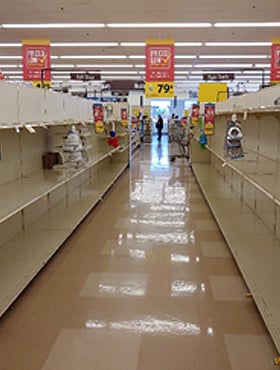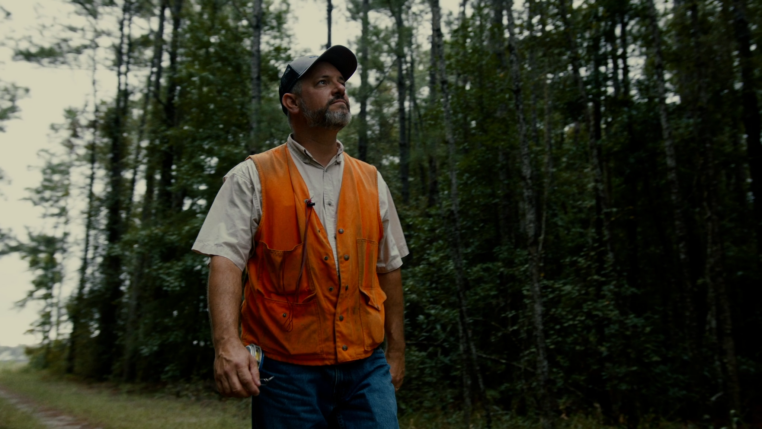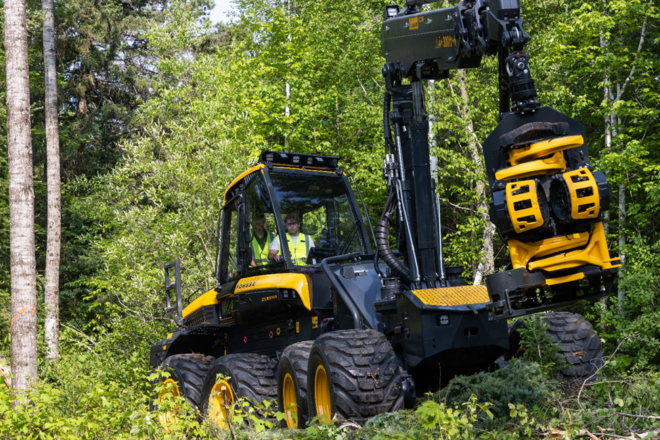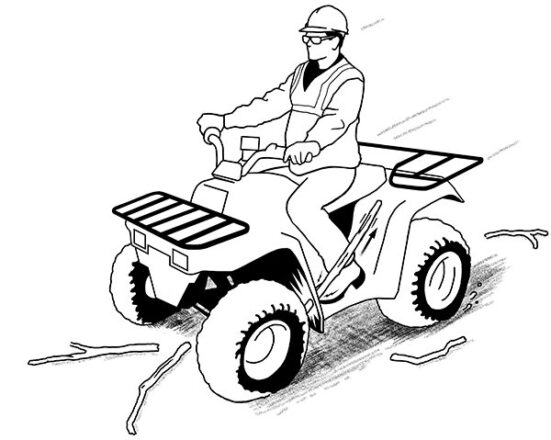No Chips, No Toilet Paper

Many years ago, the wood procurement manager of a North Carolina wood chip mill passed out ball caps that had no logo on them. The hats displayed only the words “No Chips” on the top line and “No Toilet Paper” on the bottom line. The message reminded everyone that trees must be harvested, converted into wood chips, and processed at pulp and paper mills before anyone buys toilet paper. Even the tissue mills using 100% recycled paper are dependent on other mills first producing pulp from tree fiber, as repeated recycling weakens the wood fibers with each successive cycle.
Looking at the current COVID-19-induced empty shelves where toilet paper, tissues, disinfecting wipes, and other paper products normally reside on grocery store shelves, should I conclude that the hoarders—those most afraid of running out of basic necessities—regard toilet paper as the most important necessity? What about the paper masks and air filters in such great demand currently?
What about the essential nature of lumber and wood panels during hurricane season, and pretty much any other time? You can Google “Uses of Wood” for links that let you explore the hundreds of everyday products that come from trees.

Perhaps even those who are totally disconnected from the forest products community might currently recognize the importance of FRA member companies’ work in providing “Our Daily Wood.” The federal government and most state administrations do, as the guidelines for dealing with the pandemic list wood products (and the loggers who supply the wood) as a critical manufacturing sector that should continue to operate. FRA and many allied state and national associations have helped educate officials on the importance of the forest products industry over the last few weeks.
Let’s not let our legislators, administrators, the media, friends and neighbors, and the general public ever forget the essential, home-grown, renewable, sustainable nature of our tree-based industry.


